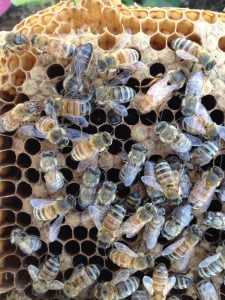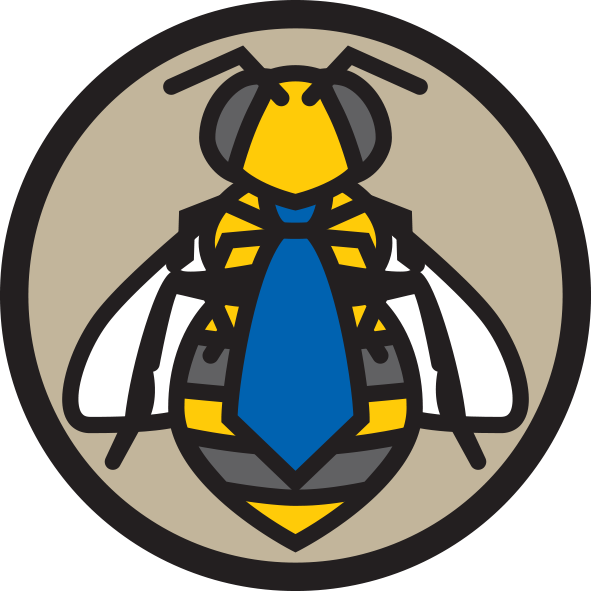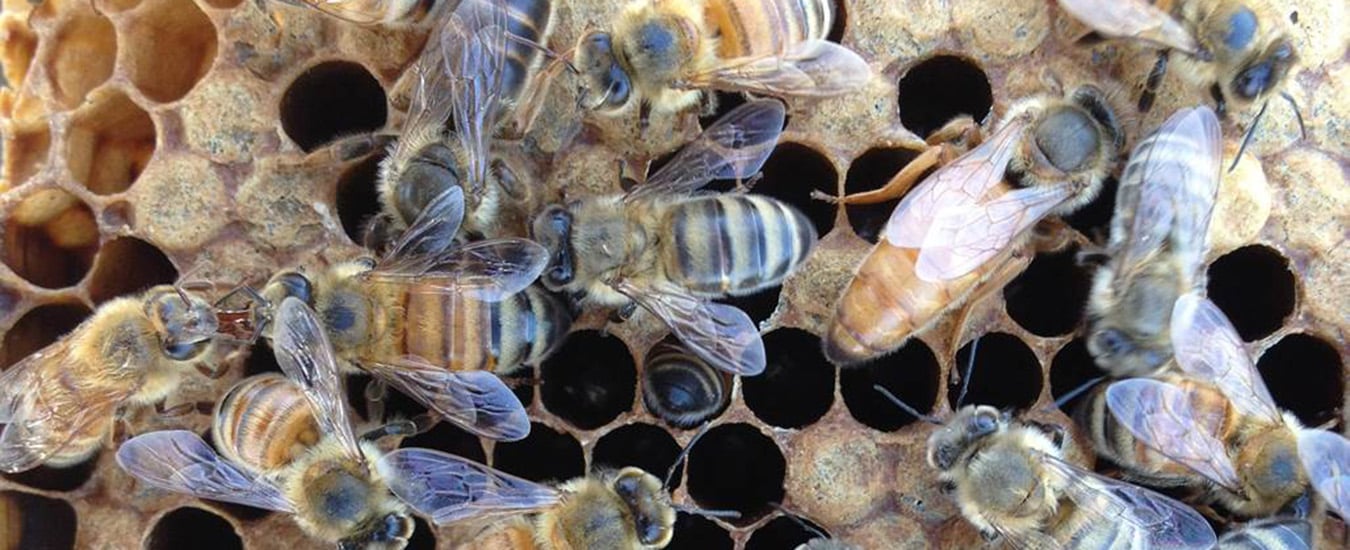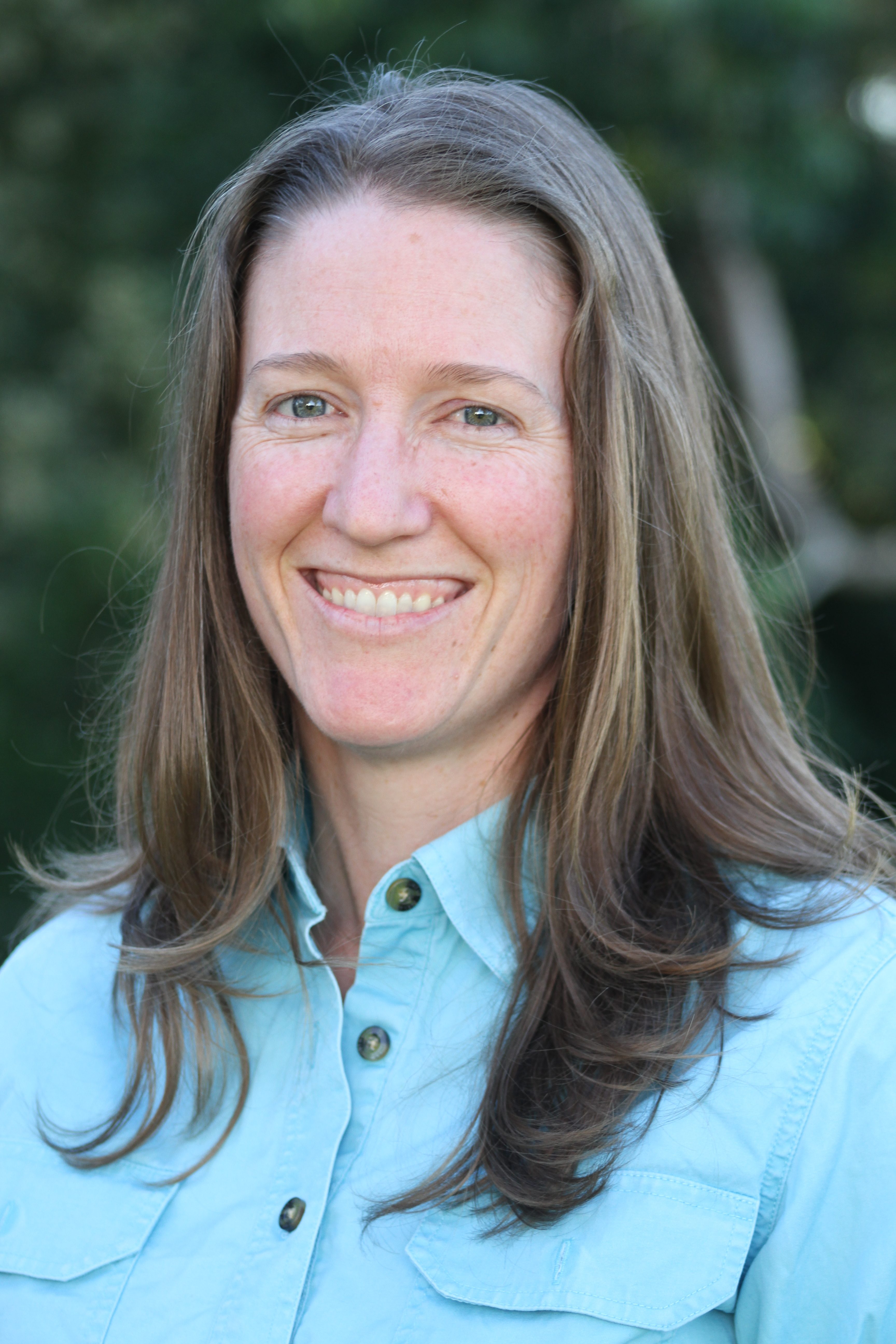Good queens are important to ensure productivity and ease of management. Our national honey bee genetic improvement program, Plan Bee, will lead to improvements in bee breeding and our bees. But how do you ensure you’re getting good queens? There are some things you can ask your queen breeder:
What cycle length do they use?
Queens that are left in colonies for longer before sale have better survival rates. Those sold at either 21 or 28 days old are more likely to be alive after 2 weeks and 15 weeks than those caught at 14 days old.
When are queens available?
This depends on the business, mainly where they are located. The queen rearing season is longer in warmer climates. This is why most bee breeders are located in south eastern Queensland and northern NSW.
Do they take bookings?
Sometimes it can be difficult to source queens. Placing an order in advance will help to ensure that you get your queens when you need them.
Are the queens overwintered or from the current season?
Bee breeders may overwinter queens for sale early the following season. This can be done in colonies or in queen banks (see below). Note that queens produced late in the season may have fewer mates than those produced at peak times.
Do they bank queens?
Queens may be stored in cages (banks) in colonies for a few days to months over winter. Extended storage reduces queen egg laying. The method of storage has an influence on queen survival and weight. Knowing if the queens you intend to buy have been banked may influence your choice of supplier.
What ratio of drone mothers to mating nucs do they use?
The number and diversity of drones the queen mates with is important to queen quality and colony health, productivity, and survival. A minimum of 12 drone mother colonies (drone producing colonies) should be provided per 100 queens being mated
What are the conditions like?
Larval nutrition is important to queen quality. Queens with poor larval nutrition will have lower egg laying capacity. It is important that queens are reared from very young larva so that they have the correct diet. It is also important that they are reared in strong colonies, so that there are many workers to look after them.
Are they a bee breeder? If not, where do they obtain their breeding stock from?
You have a choice between a bee breeder and a queen producer. A bee breeder performs selection amongst their stock, breeding for specific traits. A queen producer will source high quality stock (breeder queens) from a bee breeder, which they use to produce the stock that they sell.
What traits do they select for and how?
Getting bees that suit your needs is important. There are many traits that bee breeders can select for, but if they select for too many then they will make little progress. So you need to understand that there are limits on the number of traits that can be under selection.
Do they have any problems with pests and diseases?
It is good to know what pests and diseases you could potentially introduce into your apiary with a new queen. However, while the bee breeder might not have a problem, when the queen is introduced the colony could come down with a disease as you may have a different strain of e.g. chalkbrood than that in the area where the bee breeder resides, which the stock is more susceptible to.

Spot the queens
Image courtesy Liz Frost
How long have they been breeding bees?
It is likely that more experienced bee breeders will produce better quality stock. If they are a relatively new operation it is worth asking where they sourced their stock from.
Are they registered?
It is a requirement in most Australian states that beekeepers are registered. Your bee breeder should be registered.
Are they a member of AQBBA or a state beekeeping association?
The Australian Queen Bee Breeders Association is an organisation for queen breeders that aims to raise the standards of queen bee breeding. State beekeeping associations represent beekeepers on issues of importance. Membership is voluntary.
Do they have any qualifications?
Under the Bee Biosecurity Code of Practice beekeepers with more than 50 hives are required to demonstrate knowledge of pest and disease identification and management. This is the only required qualification, however there are a number of certified courses on queen rearing and artificial insemination available.
Do they post queens to your location?
Some bee breeders do not post queens, requiring you to pick them up. Some may offer delivery within their area. Some states have biosecurity restrictions on them, so you may not be able to purchase queens from all bee breeders. You should ask about the postage arrangements, for example will you need to pick them up from your local post office?
Do they mark queens?
Marked queens are easier to locate, and it will be easier to determine if the colony has replaced the queen.
What type of cages do they use?
There are a number of cage types for posting queens. Not all types are accepted in all states, e.g. Tasmania only allows wooden cages
How many attendants do they provide?
Queens cannot be shipped by themselves as they require workers to feed and look after them. It is also possible to buy nucleus colonies (a queen with a large number of workers) to start a colony if you do not already have one. You cannot start a colony with just the queen and a few attendants.
What quality control measures do they have?
Do they check that the queen is laying eggs, produces workers rather than just drones, and isn’t damaged?
What is the price and is there a discount for larger volumes?
It is important to understand that the more effort a bee breeder puts into their breeding program the more they will have to charge for queens; time is money and it takes a lot of time to assess colonies for traits. Breeder queens – that have undergone a period of evaluation – will cost much more than production queens (the daughters of breeder queens) that have not been assessed. Queens that have been artificially inseminated will also cost more.
Do they, and under what circumstances, offer a refund or replacement?
Delays in postage can result in queen death or loss of quality, who will absorb this cost? It is important to remember that not every queen will be successfully introduced. There are things you can do to improve acceptance rates.
Video: Introducing queens, Doug Sommerville
Acknowledgements:
- Plan Bee (National Honey Bee Genetic Improvement Program) is supported by funding from the Australian Government Department of Agriculture, Water and the Environment as part of its Rural Research and Development for Profit program. The project is further supported by AgriFutures Australia, the Department of Regional NSW, University of Sydney, University of New England Animal Genetics and Breeding Unit, Better Bees WA Inc, Wheen Bee Foundation, Costa Group, Olam, Beechworth Honey, Monson’s Honey and Pollination, South Pacific Seeds, Australian Queen Bee Breeders Association, Australian Honey Bee Industry Council, and commercial beekeepers.
- This article was peer-reviewed by Corinne Jordan and Adrian Grew.


